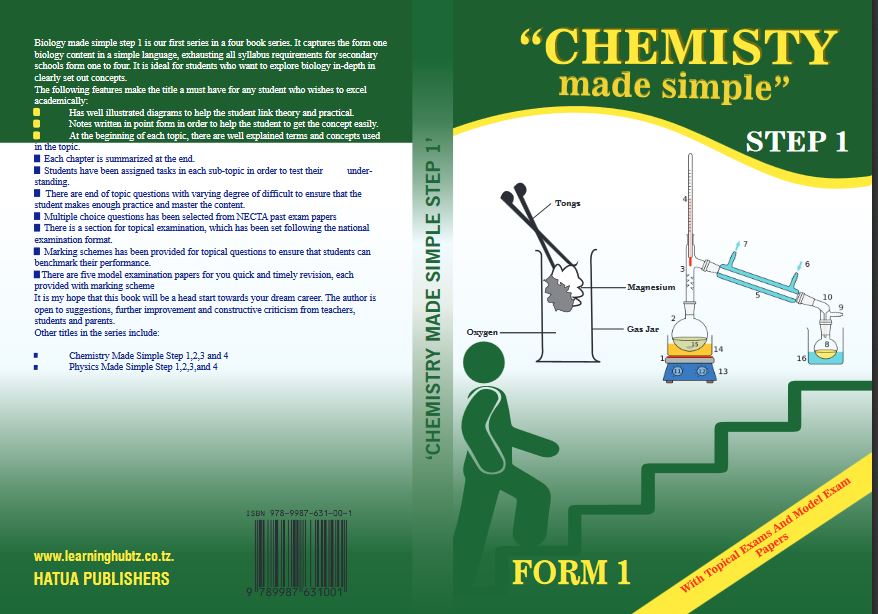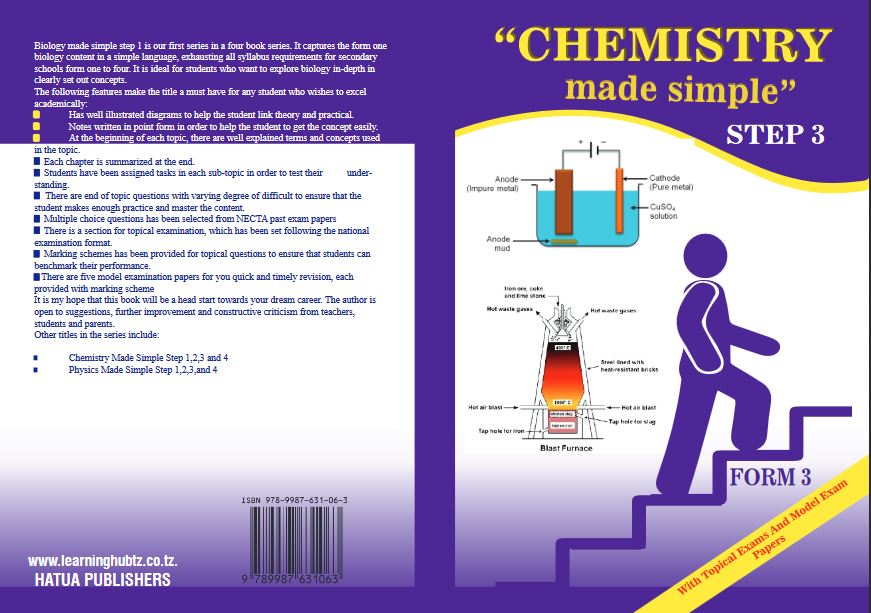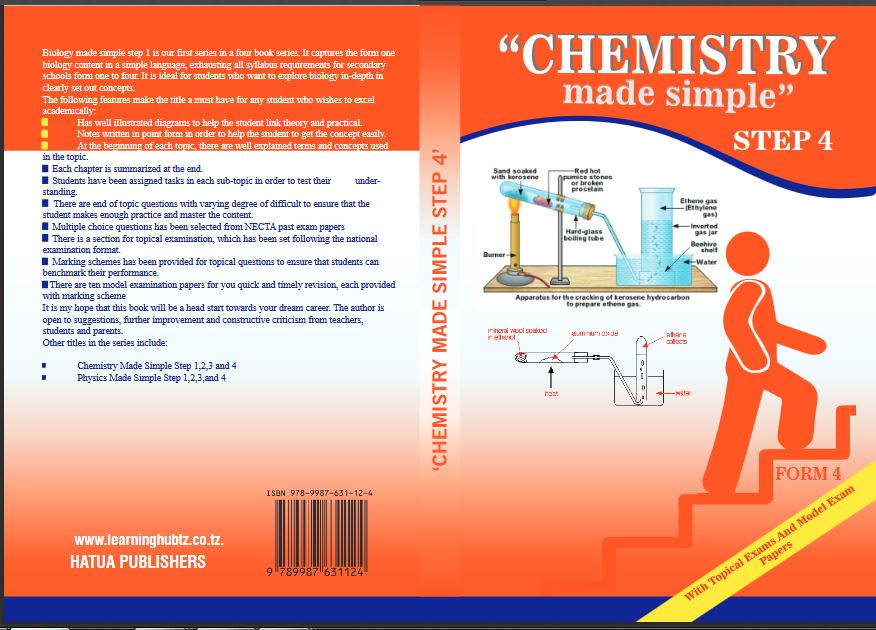(v)As they cut down the trees and drag them across the stream, the water backs up in a meadow above. (Indicate the subject of the sentence).
(b) State the functions of the dependent clauses in the following sentences:
(i)Since both land and sea travel were very slow, mail took over a month to go from East to West.
(ii)The helmet that a football player wears is strong but light.
(iii)That a well-planned future will be better seems obvious.
(iv)The water circulates as it is heated.
(v)I can tell that you are frightened and astonished.
View Ans4.(a) Assign SVOCA analysis to the following sentences:
(i) You must address the chair.
(ii) He has been attending lectures regularly.
(iii) He is going to be a doctor when he grows up.
(iv) Although the Pony Express lasted only eighteen months and lost money, its story was a glorious chapter in the history of the west.
(b) Write short notes on the following grammatical concepts: (i) Verb phrase
(ii) Attributive function of an adjective
View AnsSECTION C
LEXIS
5. (a) Describe the following sentences morphologically:
(i) The student wrote the letter home. (ii) Put the plate on the table.
(b) Read the following passage and answer the questions that follow:
QUESTIONS
From the passage identify:
(i) seven (7) lexical morphemes.
(ii) five (5) derivational morphemes.
(iii) two (2) inflectional morphemes.
A thick vegetation cover, such as tropical forests, acts as a protection against physical weathering and also helps to slow the removal of the weathered layer. In deserts and high mountains the absence of vegetation accelerates the rate of weathering. Plants and animals, however, play a significant part in rock destruction, notably by chemical decomposition through the action of organic acidic solutions. The acids develop from water percolation through partly decayed vegetation and animal matter.
View Ans6. (a) Write new sentences by changing each ofthe words in capitals into a noun. (i) What you DECIDE today will automatically affect your future.
(ii)We expect to PRODUCE enough crops this year because there is enough rain.
(iii)The names of evil doers were BLACKLISTED.
(iv) For the language to develop, it MUST borrow some vocabularies from other languages.
(v)You have to DECIDE whether to go for further studies or not.
(b) Name the word formation processes involved in the formation of the words in brackets.
(i) Mwakifulefule had a (Jacketless) book.
(ii) Mayasa (parties) every Saturday night.
(iii) Everybody must fight against (AIDS).
(iv) Mufungwa has just got a new (car phone).
(v) Kagaruki wants to be a (footballer).
View AnsSECTION D
PHONOLOGY
7. (a) Without a diagram, explain the mechanism of speech sound production.
(b) Give reasons for each of the following concepts:
(i) It is difficult for a toothless speaker to pronounce the word "fine".
(ii) It is not possible for the breath to come out through oral cavity during the production of the initial sound of the word "mother".
(iii) Velar plosive is different from velar nasal.
(iv) As non native speakers of English we encounter some problems in learning it.
(v) Soft palate has two movements in common.
View Ans8. (a) Briefly explain the factors considered during the articulation of consonant phonemes.
(b) How are the organs of speech involved in the articulation of initial sounds of the following words?
(i) Chair
(ii) Peak
(iii)Mine
(iv)Time
(v)Kin
Bike
View AnsSECTION E
SEMANTICS
9. (a) Write the denotative meaning for the following sentences:
(i) Anyone who will come late will face the music.
(ii) The information nowadays is at our fingertips.
(iii) I now have the world's news in a nutshell.
(iv) Don't let the cat out of the bag.
(v) Christmas appears once in a blue moon.
(b) Show the lexical relationship for each of the following list of words:
(i) AWACS, AWOL, ACAS, ACTU, AD, A.M.
(ii) Organization-organize; production-produce.
(iii) Water-water; walk-walk; stay-stay; empty-empty.
(iv)Smog, telecast, brunch, motel.
(v)Suitcase, book keeping, store room, wholesale.
View Ans10. Read the following sentences carefully, then:
(a) Identify the words that make each sentence wrong.
(i) The young boy is looking after the herd of sheep.
(ii) The ex-monitor came from the handsome village.
(iii) Our winning boxer has a wide chest.
(iv) On our visit to the park we saw a swarm of whales.
(v) Kilimanjaro is the longest mountain in Africa.
(vi) His young sister bought only one kilogram of sugar because she is still a bachelor.
(vii) A myth has more of historical truth and perhaps less of the supernatural.
(viii) The bandit who attempted to steal at the manager's house was caught and punished severely.
(ix) Form six candidates understand that it is a must for everyone to perform an examination.
(x) I saw a school of soldiers working together.
(b) Re-write each of the above sentences correctly.
Hub App
 For Call,Sms&WhatsApp: 255769929722 / 255754805256
For Call,Sms&WhatsApp: 255769929722 / 255754805256
 For Call,Sms&WhatsApp: 255769929722 / 255754805256
For Call,Sms&WhatsApp: 255769929722 / 255754805256
WHATSAPP US NOW FOR ANY QUERY
App Ya Learning Hub Tanzania






